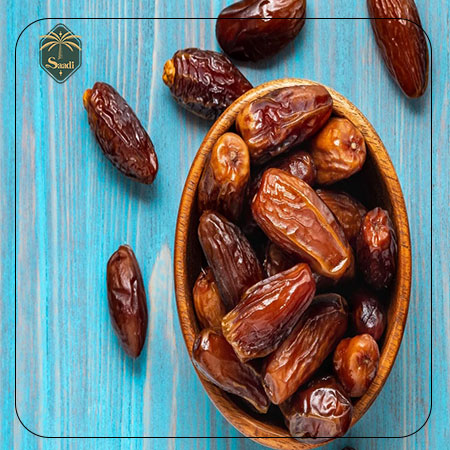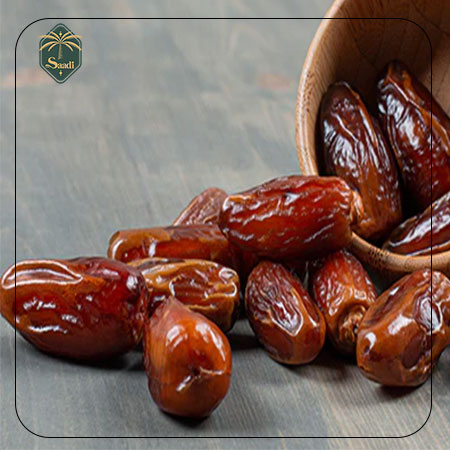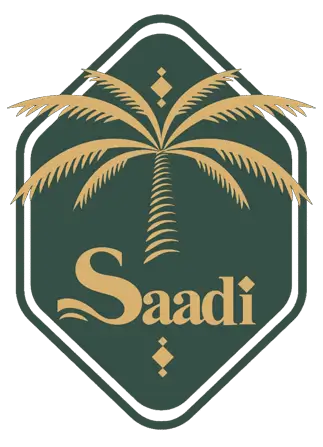Date palm trees reaching towards the sky, laden with ripe date clusters, create a breathtaking image of palm groves. Dates, this heavenly fruit, with its delicious taste and unique properties, has long been a staple in the Middle Eastern diet. But the question that arises here is: “Dried dates or fresh dates? Which one to choose?”
The heavenly taste of fresh dates, with its pleasant moisture and soft texture, delights any palate. However, the short shelf life of this fruit shortens its enjoyment. In contrast, dried dates, with their long shelf life and more concentrated flavor, are an ideal option for storage and use at various times.
The battle between taste and shelf life makes the choice difficult. In this article, we will examine the advantages and disadvantages of both types of dates so that you can make an informed choice based on your needs.

Types of dry dates
Middle East is one of the world’s leading producers of dates, and dry dates are a popular variety produced there. Dry dates are simply dates that have had most of their moisture removed, which concentrates their flavor and extends their shelf life. There are many different varieties of dry dates grown in Middle East, each with its own unique characteristics.
Here are some of the most popular types of dry dates in Middle East:
- Zahedi dates: These are small, dry dates with a chewy texture and a sweet, caramel-like flavor. They are a good source of fiber and potassium.
- Sayer dates: These are medium-sized dates with a slightly dry texture and a rich, fruity flavor. They are a good source of iron and magnesium.
- Piarom dates: These are large, semi-dry dates with a soft, chewy texture and a complex, honey-like flavor. They are a good source of calcium and vitamin B6.
- Kabkab dates: These are small, dry dates with a wrinkled skin and a very sweet flavor. They are a good source of energy and can be a healthy snack for athletes.
- Rabbi dates: These are large, dry dates with a thick flesh and a mild, nutty flavor. They are a good source of protein and can help to curb hunger cravings.
Dry Dates Or Fresh Dates?
Choosing between dry dates and fresh dates depends on your priorities:
Fresh Dates:
- Pros: Fresher taste, softer texture, lower in calories and sugar (per serving), more vitamin C.
- Cons: Shorter shelf life (need to be eaten within weeks), harder to find, may be more expensive.
Dry Dates:
- Pros: Longer shelf life (can last for months), readily available, more concentrated source of nutrients (fiber, minerals), chewier texture, sweeter flavor.
- Cons: Can be higher in calories and sugar (per serving), less vitamin C.
Here’s a quick guide to help you decide:
- Craving fresh flavor? Go for fresh dates for a delightful, soft, and less sweet experience.
- Need a long-lasting snack? Dry dates are your choice for their concentrated sweetness, portability, and extended shelf life.
Ultimately, both dry and fresh dates offer delicious and nutritious options.

Buy dry and fresh dates from saadifood
Saedi Trading is one of the most reliable centers for the wholesale of various types of dry and fresh dates suitable for export in Middle East. By eliminating all intermediaries, saadifood offers the best quality and price of different varieties of export dates in suitable packaging, with professional sorting.
